Category: National Center for Environmental Health
Carbon Monoxide (CO) Poisoning Prevention
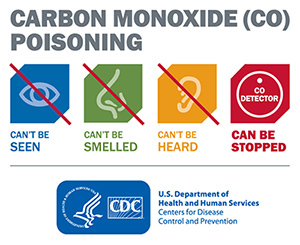
When power outages occur after severe weather (such as severe storms, hurricanes or tornadoes), using alternative sources of power can cause carbon monoxide (CO) to build up in a home and poison the people and animals inside. Read More >
Posted on by Leave a commentBe Safe After a Hurricane

The storm might be over, but that doesn’t mean the danger is. Keep your loved ones safe after the storm by following our safety tips. Read More >
Posted on by Leave a commentFlood Safety Tips
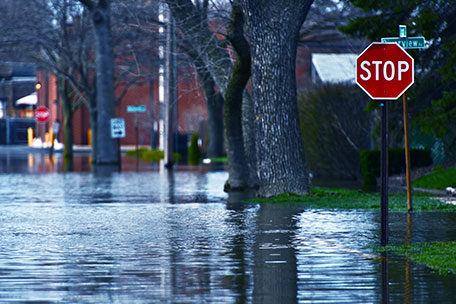
Hurricane Harvey: Emergency Management Officials have requested that people escaping flood waters as a last resort do not stay in the attic. If the highest floor of your home becomes dangerous…get on the roof. Call 911 for help and stay on the line until answered. Listen to local advisories for more information and be careful Read More >
Posted on by Leave a commentMeet Dr. Amy Watson, full-time senior service fellow and self-proclaimed “helicopter mom.”

Dr. Amy Watson works in the Emergency Response Branch of the Division of Laboratory Sciences, National Center for Environmental Health at CDC. Read More >
Posted on by Leave a commentAre You Hurricane Ready?
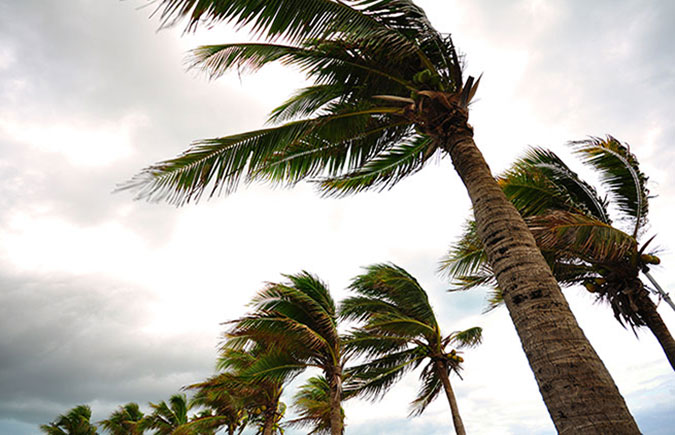
If you live in a coastal area of risk, take steps now to protect yourself and family. Hurricane Harvey is expected to hit the coast of Texas. Please see the web site of the National Hurricane Center for current updates. Listen to local advisories regarding evacuation, and be careful to never drive through flood waters. Read More >
Posted on by Leave a commentCDC’s Tracking Network in Action

Extremely hot weather can make you sick. Stay cool and hydrated to protect yourself. The Tracking Network provides data and tools that you can use to see how extreme heat may affect your health. Read More >
Posted on by Leave a commentDrought and Your Health
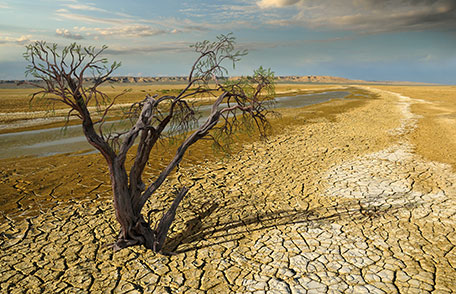
Drought is a natural phenomenon in which rainfall is lower than average for an extended period of time. Periods of drought can result in inadequate water supply and can lead to public health problems. Take action and learn how drought can impact your health and the health of your family. Read More >
Posted on by Leave a commentSuccess Stories in Environmental Health

Learn more about how CDC’s National Center for Environmental Health (NCEH) and the Agency for Toxic Substances and Disease Registry (ATSDR) protect and promote environmental health across the United States. Your environment is everything around you—the air you breathe, the water you drink, the places where your food is grown or prepared, your workplace, and Read More >
Posted on by Leave a commentKeep Your Cool in Hot Weather
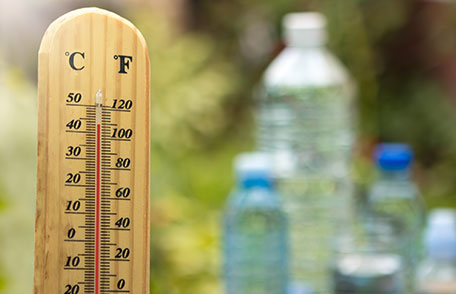
Learn about heat-related illness and how to stay cool and safe in hot weather. Now is the time to prepare for the high temperatures that kill hundreds of people every year. Extreme heat caused 7,415 heat-related deaths in the United States from 1999 through 2010. Heat-related deaths and illness are preventable, yet many people die Read More >
Posted on by Leave a commentBeyond Data: Children’s Environmental Health, Asthma, Extreme Heat, Radon, and Chronic Disease
CDC is sponsoring the second annual National Environmental Public Health Tracking Program Week (Tracking Week) during July 10-14, 2017. CDC, state and local health departments, and national partners are coming together to highlight environmental health issues important to improving the health of our nation and to recognize the work of the Tracking Program. Daily topics Read More >
Posted on by Leave a comment
